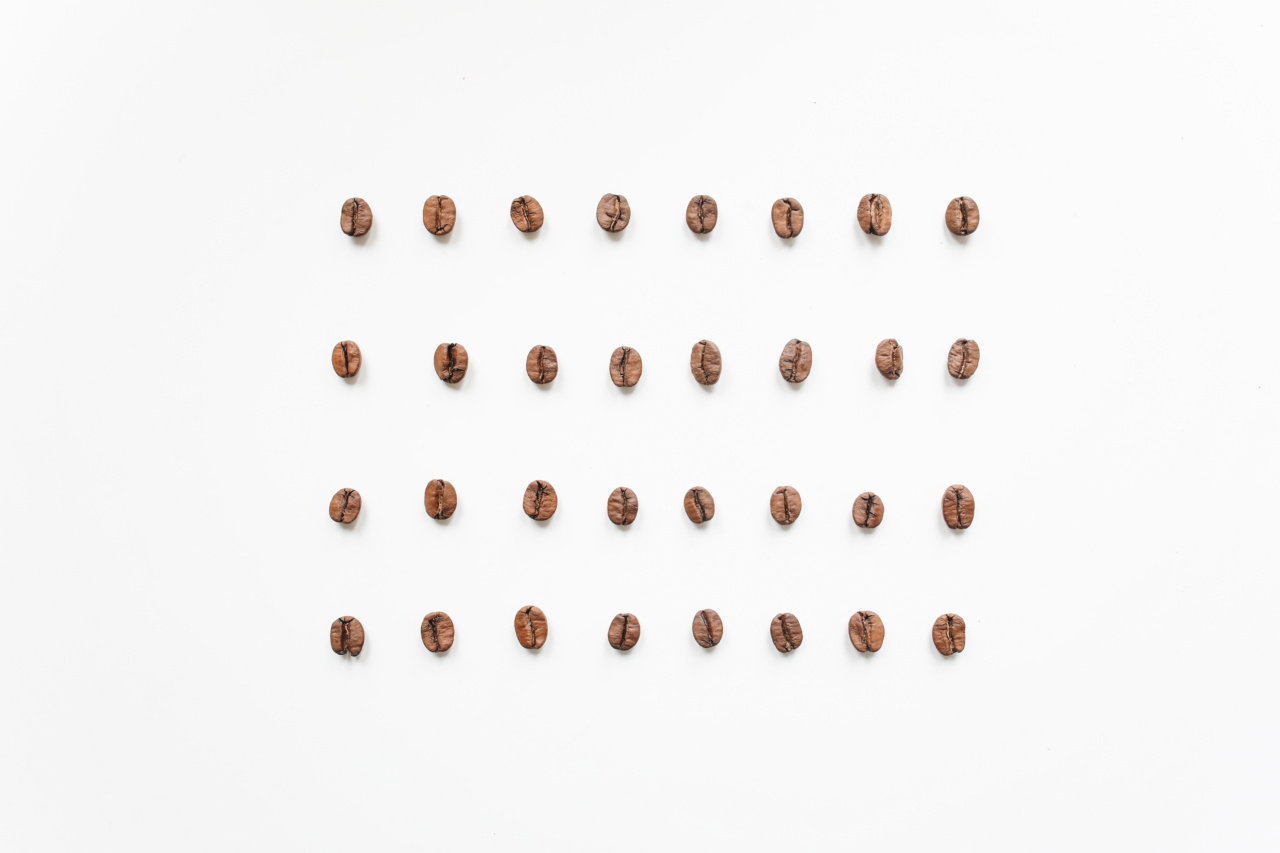Caffeine-free coffee is a popular choice for those who want to enjoy the taste of coffee without the stimulating effects of caffeine. However, caffeine-free coffee has benefits beyond just reducing caffeine intake.
Recent studies suggest that caffeine-free coffee may have positive effects on liver health.
What is caffeine-free coffee?
Caffeine-free coffee is made by removing the caffeine from regular coffee. This can be done using different methods, such as using water or chemicals to extract the caffeine.
The result is a coffee that tastes similar to regular coffee but without the stimulating effects of caffeine.
What are the benefits of caffeine-free coffee?
Caffeine-free coffee has several benefits, including:.
- Reducing caffeine intake: For people who are sensitive to caffeine or trying to cut back on their caffeine intake, caffeine-free coffee is a great alternative.
- Improving sleep quality: Consuming caffeine-free coffee in the afternoon or evening can help improve sleep quality, as caffeine can disrupt sleep patterns.
- Reducing anxiety: For people who experience anxiety or jitters after consuming caffeine, caffeine-free coffee is a good option.
- Promoting liver health: Studies suggest that caffeine-free coffee may have positive effects on liver health.
How does caffeine-free coffee affect liver health?
Several studies have shown that caffeine-free coffee may have beneficial effects on liver health.
One study published in the Journal of Hepatology found that consuming three cups of coffee per day, whether caffeinated or not, was associated with a 27% reduction in the risk of liver fibrosis. Another study published in the Clinical Gastroenterology and Hepatology found that coffee consumption, especially decaffeinated coffee, was associated with a lower risk of hepatocellular carcinoma, the most common type of liver cancer.
While the exact mechanism behind these positive effects on liver health is not fully understood, researchers believe that the polyphenols and other compounds found in coffee may have antioxidant and anti-inflammatory properties that protect the liver from damage. Caffeine-free coffee also contains chlorogenic acid, a potent antioxidant that has been shown to have anti-inflammatory and liver-protective effects in animal studies.
What else can I do to promote liver health?
In addition to consuming caffeine-free coffee, there are several things you can do to promote liver health:.
- Eat a healthy diet: A diet that is high in fruits, vegetables, whole grains, and lean protein can help keep your liver healthy.
- Avoid alcohol: Excessive alcohol consumption can cause inflammation and damage to the liver, leading to liver disease.
- Exercise regularly: Regular exercise can help reduce inflammation and fatty deposits in the liver.
- Maintain a healthy weight: Being overweight or obese can increase the risk of nonalcoholic fatty liver disease, a condition in which fat accumulates in the liver.
- Limit exposure to toxins: Exposure to certain toxins and chemicals, such as those found in pesticides and cleaning products, can damage the liver.
Conclusion
Caffeine-free coffee is a great alternative for people who want to enjoy the taste of coffee without the stimulating effects of caffeine.
Recent studies suggest that caffeine-free coffee may have positive effects on liver health, possibly due to the antioxidant and anti-inflammatory properties of the polyphenols and other compounds found in coffee. However, it is important to remember that consuming caffeine-free coffee alone is not enough to promote liver health, and a healthy diet and lifestyle are also important factors.




























